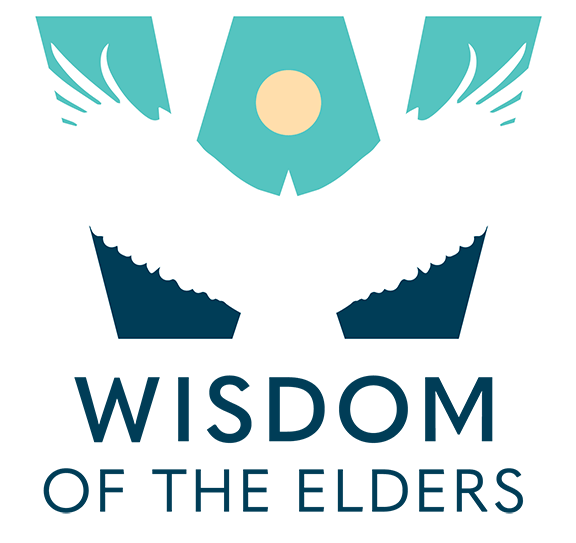More than 40 emerging tribal storytellers spent the weekend learning the art and craft of traditional tribal storytelling with us at Portland State University’s Native American Student and Community Center. At the end of the weekend, we asked them if their expectations were met.
These are a few of their responses:
“I hoped to hear new ideas about the world and existence. I got that and more! I liked in the creation story workshop how we all related and shared from our deepest histories.”
“Storytelling is an educational way to express your voice, which for students is a direction for high academic achievement.”
“The healing of stories permeated and persisted throughout… Storytelling is part of a sustaining way of life. The stories are living.”
We also had good feedback from our audience including one guest who said,
“I hoped to be in the same room with many Native storytellers and others, to experience the living culture, enjoy the stories, and learn more about Native sensibilities. I was delighted at the warm, welcoming atmosphere.”
Another guest said,
“I believed I would experience the wisdom that storytelling offers – that power of hearing a story and feeling its healing as it is… It sparks our own memories, ignites our personal journeys, and opens us to joy, laughter, tears and wonder.”
Our friend and professional photographer Joe Cantrell captured the essence of the festival and we compiled a few with captions that you see in this week’s newsletter. We hope you will enjoy them as much as we do. You’re also invited to join us at the Eighth Annual Storytelling Festival next year on October 18‒20, 2013.
Join us as we fulfill our mission of Native American cultural sustainability, multimedia education, and race reconciliation. Wisdom records and preserves the oral history, cultural arts, language concepts, and traditional ecological knowledge of exemplary American Indian historians, cultural leaders, and environmentalists in collaboration with arts and culture organizations and educational institutions, in order to correct misconceptions, end prejudice, bring health and wellness to Native people, and demonstrate how Indian culture has, and is, continuing to enrich our worlds.
Feel free to call us at (503) 775-4014 and say hello, or e-mail raven@wisdomoftheelders.org.
Dogidinh (“thank you” in Deg Hit’an Dine)
Rose High Bear (Deg Hit’an Dine)
Executive Director and Executive Producer
Wisdom of the Elders, Inc.


